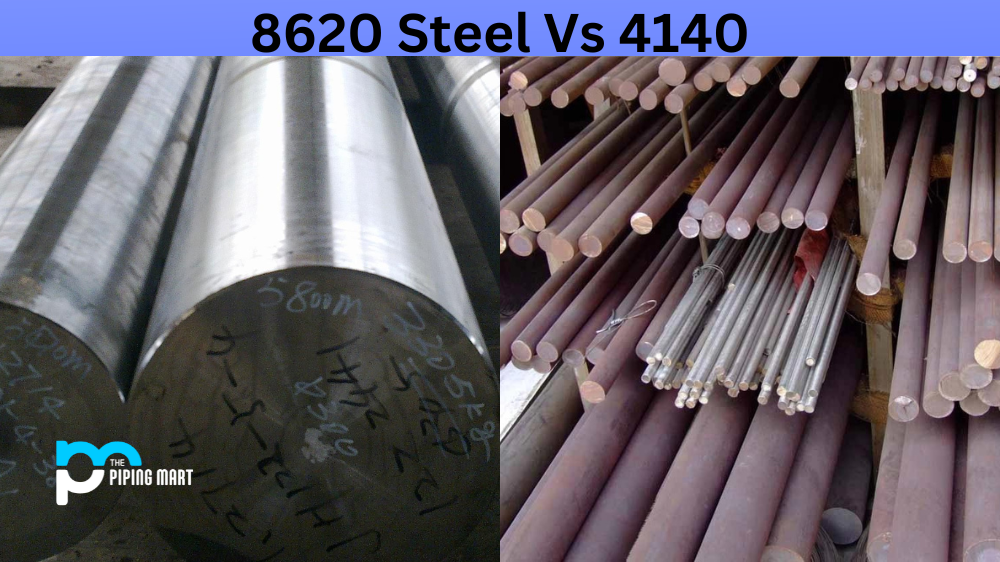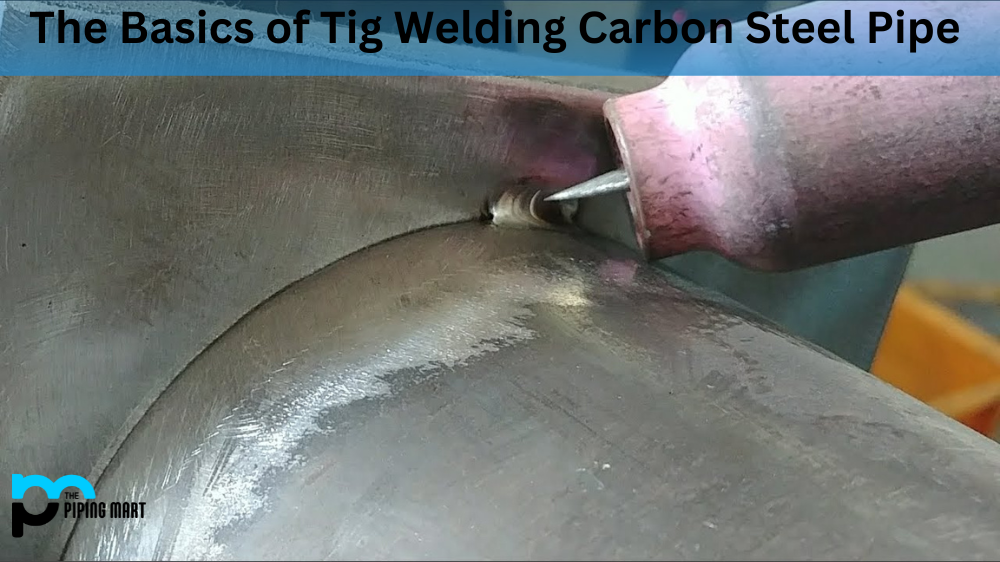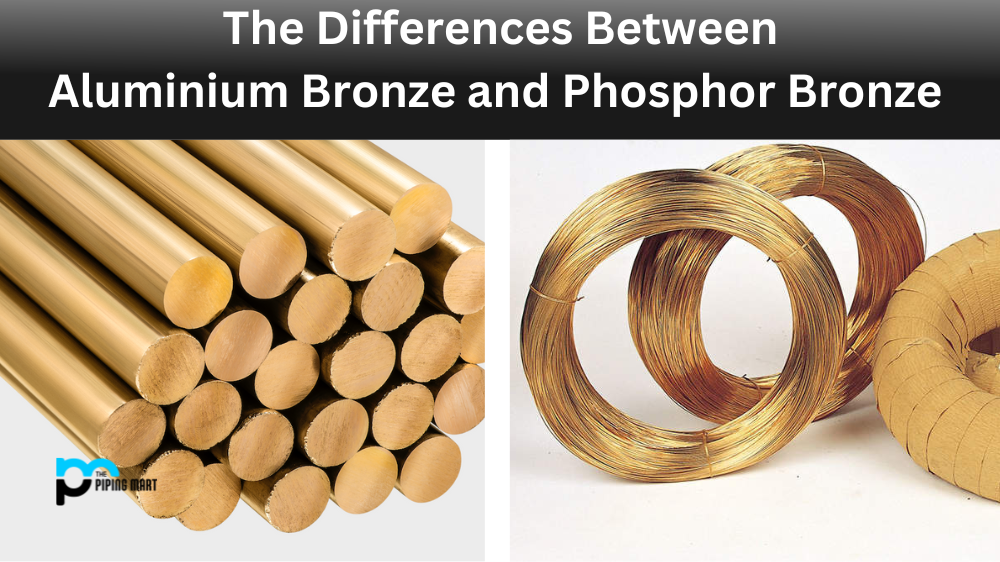When choosing the right type of steel for your project, it can be challenging to determine which one best fits your needs. Both 8620 and 4140 sheets of steel are popular choices in the metalworking industry. But what differentiates these two types of steel, and how can you know which one to pick? This blog post’ll look at 8620 steel vs 4140 steel, including their properties, applications, and limitations.
What is 8620 Steel?
8620 steel is a type of low-alloy steel that contains nickel, chromium, and molybdenum. It is considered low-carbon steel with a hardness of 160 to 180 BHN. 8620 steel is known for its high strength, toughness, and wear resistance. This type of steel is commonly used to manufacture gears, shafts, and other mechanical parts requiring high wear resistance. It is also widely used in the aerospace and automotive industries for steering and suspension components applications.
What is 4140 Steel?
4140 steel is an alloy steel containing chromium, molybdenum, and carbon. It is known for its excellent strength, toughness, and wear resistance, making it an ideal choice for heavy-duty and high-stress applications. 4140 steel has a hardness level of 217 to 257 BHN, making it much harder than 8620 steel. This type of steel is widely used in manufacturing tools, dies, and other machine parts that require high strength and durability.
Difference Between 8620 Steel and 4140
Properties and Applications
In terms of properties, both 8620 and 4140 steel have excellent strength and wear resistance. However, what sets them apart is their hardness level and the amount of carbon they contain. 4140 steel is much harder than 8620 steel, making it a better choice for applications requiring high durability and resistance to wear and tear. On the other hand, 8620 steel is a softer steel that is easier to machine, making it a better choice for applications that require intricate designs or machining processes.
Limitations
While 8620 and 4140 steel have unique properties and applications, it’s important to note that they have some limitations. For instance, both types of steel can be prone to cracking if improperly heat-treated. Additionally, 8620 steel may not be suitable for applications that require high-temperature resistance, as it can lose its strength at temperatures over 500°F.
Conclusion
In conclusion, 8620 and 4140 steel have unique properties and applications. While both types of steel can be used in various industries, it’s essential to consider their limitations and choose the best suited for your needs. If you’re looking for steel with excellent strength and durability, 4140 steel is the way to go. But if you need steel that’s easier to machine and provides good wear resistance, 8620 steel is an excellent choice. Ultimately, the final decision will depend on your application requirements.

Abhishek is a seasoned blogger and industry expert, sharing his insights and knowledge on various topics. With his research, Abhishek offers valuable insights and tips for professionals and enthusiasts. Follow him for expert advice on the latest trends and developments in the metal industry.




